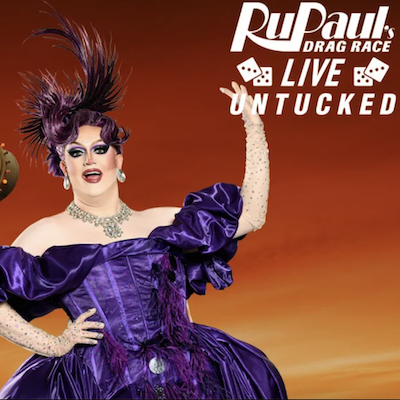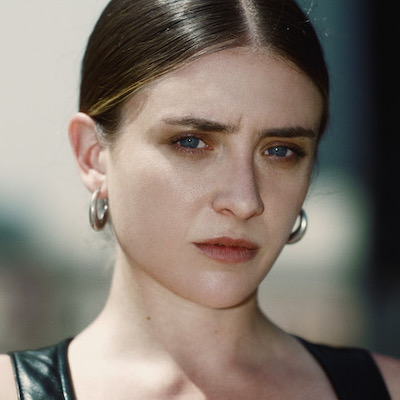
"The theme of choices and the closet open and close this year’s festival"
The poignant themes of choice and the closet bookend the 30th BFI Flare; Fallon Gold wonders what she might do if she was a football star in the making or a 70s feminist in the face of the pressures of fame, family and love.
BFI Flare 2016’s opening night premiere is Ben A Williams’ The Pass with Russell Tovey and Arinze Kene as two young football players straight out of the academy sharing a hotel room on the night before their first big game. What starts out a bit clunky and revealing it’s on stage roots, becomes an under-your-skin tour de force of lives wasted through seemingly impossible choices and happenstance.
Russell Tovey’s Jason is pretty unlikable. He’s an asshole. But by the end Loverboy couldn’t decide if he was just a pure wanker or a lifetime of terror in the closet had turned him into one. Maybe both.
The film raises questions about living free and out or closeted while taking the poisoned spoils of celebrity and success. It explores what happens when you face that fork in the road: do you choose a life in the closet with a constant fear of exposure, living a false life with a faked family, dragging other lives into your seemingly essential deception? Or do you risk losing everything you’ve been trained your whole life for to be true to yourself? We see the destruction such choices can wreak. To see just selfishness in his choices, selling out for the wealth, opportunity and success, would miss the fact that Tovey’s Jason has been training since he was 7, pressured by a football playing father into a career where success was his only option.

Tovey is great but the whole cast is on point, delivering three acts portraying the heightened excess of each situation. By the final act Loverboy had forgotten this was a Royal Court transfer to the screen and that we have only seen the inside of three hotel rooms for the entire 88 minutes. The performances carry through the emotion. We may think we know what choices we’d make put into the scenario but really, when expectation since being a kid sends you in one specific direction and the seduction of the ‘better bits of the world’ are dangled as possibilities and actualities, who really knows if we’d pass the ball or keep it for ourselves?
Closing Flare 2016 is French film Summertime (La belle saison) directed by Catherine Corsini. The theme of choices and the closet open and close this year’s festival. In Summertime hot farmer turned office worker Delphine escapes her small time life for the thrills of Paris which in 1971 means exposure to the burgeoning women’s movement. In a protest that involves pinching men’s bums in revolt for women having theirs constantly bruised, Delphine rescues gorgeous feminist Carole after one of the men turns on her. And with that she is sucked into Women’s Lib. But it is as much the luscious Carole as it is the politics that lures Delphine towards activism.
This is a film about different degrees of freedom, bravery, and personal choices of the heart. Delphine isn’t out to her farmer parents but has a secret girlfriend in her village and had another relationship with a girl before that. Carole is politically liberated and in a relationship with Manuel who likes that she doesn’t need him. All seems to be ideal for her until Delphine kisses her and turns her idea of ‘freedom’ and ‘choices’ on its head. The moment Carole suggests that she and Delphine sack off some activism for sex, we know that her political spirit now plays second fiddle to love and her need for a really great shag. For Carole, falling in love means you have no choice but to follow your heart.
And this means following Delphine back to the farm when she has to return after her father has a stroke. Carole, Delphine and her mother farm the land as well as any men. Here Carole is sexually liberated but Delphine lives in fear of being outed to her family and the community.
Corsini’s film is gorgeous, the sex authentic, not at all cringey but not po-faced either. You know, like the French have always been really good at doing. We’re invested in these women’s lives from the get-go and the performances of the cast – including Delphine’s pragmatic mother, Monique – are subtly extraordinary. It’s a lovely, exhilarating, heartrending film. It’s a period piece but these situations sadly transcend time. Once more Loverboy was left wondering what decisions, given the limitations of circumstance, we would make. Follow our heart or follow our prescribed responsibilities?









